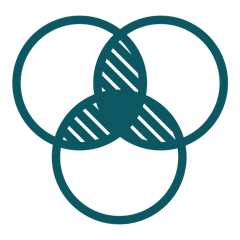Research is an essential part of public health work. It is so essential, in fact, that research activities are integrated into the 10 Essential Public Health Services Framework, which is commonly taught in accredited public health graduate schools.1 Using research to assess health issues supports the creation of policies, interventions, and programs that improve the well-being of communities, and doing this work requires dynamic teams. Research assistants play an essential role in the day to day of study activities.
In this article, we'll explore the common responsibilities of research assistants in public health, other people they commonly collaborate with, challenges they may face, and advice for those considering pursuing a public health research assistant position.






